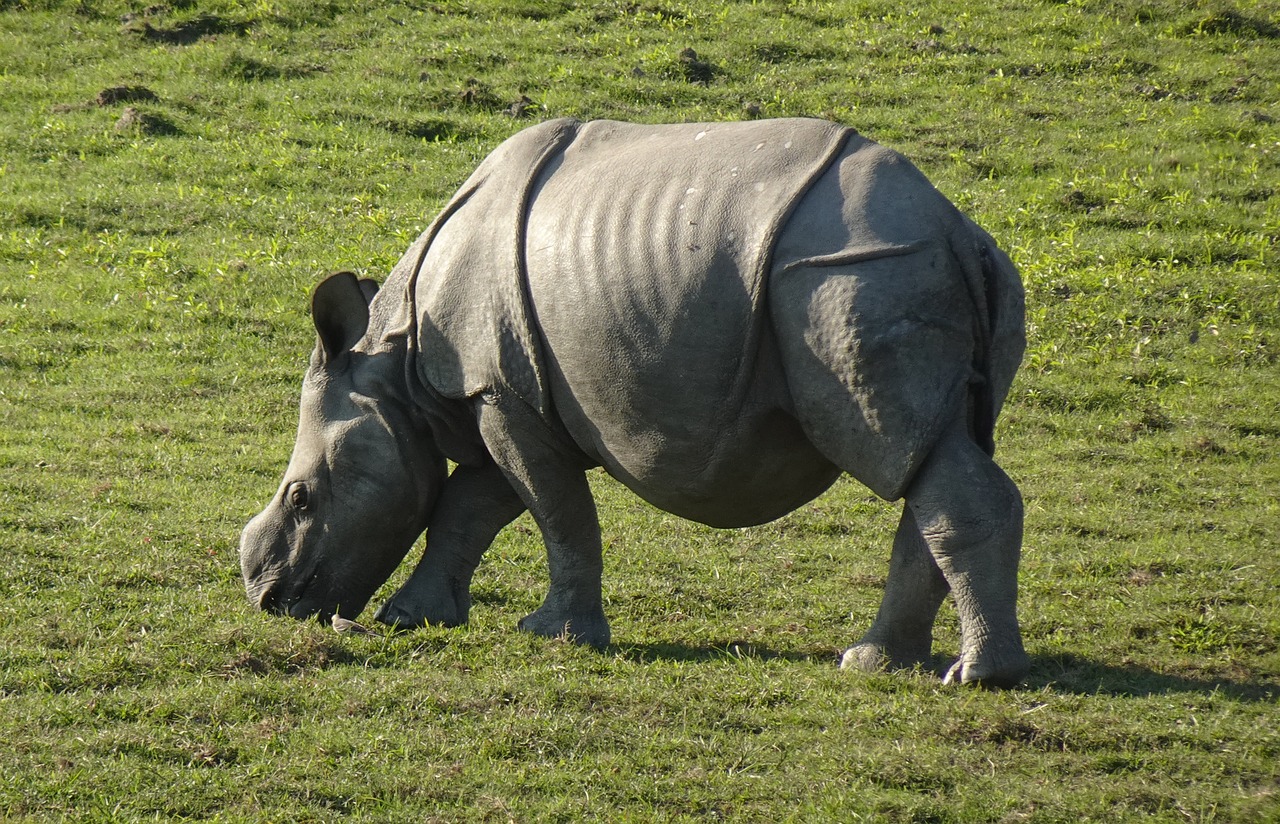Tanzania, home to some of the most renowned national parks and wildlife reserves in the world, offers an unparalleled safari experience. The rich biodiversity, including the Big Five (lion, leopard, rhinoceros, elephant, and Cape buffalo), attracts tourists from around the globe. However, the increasing influx of tourists poses a significant threat to the delicate ecosystems and wildlife. This is where tour operators play a crucial role in wildlife conservation in Tanzania, ensuring that tourism is sustainable and beneficial to both the environment and local communities.
The Importance of Wildlife Conservation
Wildlife conservation is vital for maintaining biodiversity, ecological balance, and ensuring the survival of species that are under threat from poaching, habitat destruction, and climate change. In Tanzania, national parks like the Serengeti, Ngorongoro Crater, and Selous Game Reserve are not only tourist attractions but also critical habitats for wildlife. Effective conservation efforts ensure that these areas remain viable habitats for wildlife and continue to attract tourists, which, in turn, supports the local economy.
How Tour Operators Contribute to Conservation
1. Promoting Sustainable Tourism Practices
Tour operators in Tanzania are increasingly adopting sustainable tourism practices to minimize the environmental impact of safaris. This includes using eco-friendly lodges, reducing waste, and ensuring that activities do not disturb wildlife. By promoting responsible tourism, tour operators help to preserve natural habitats and reduce the carbon footprint associated with tourism.
2. Supporting Anti-Poaching Efforts
Poaching remains a significant threat to wildlife in Tanzania. Many tour operators actively support anti-poaching initiatives by funding ranger patrols, providing equipment, and raising awareness among tourists about the importance of wildlife conservation. By contributing to these efforts, tour operators help to protect endangered species from illegal hunting and trafficking.
3. Community Involvement and Education
Engaging local communities in conservation efforts is essential for long-term success. Tour operators often work with local communities to develop conservation projects that provide alternative livelihoods, reducing the dependence on poaching and habitat destruction. Educational programs aimed at raising awareness about the importance of conservation among local populations are also supported by tour operators, fostering a culture of conservation.
4. Funding Conservation Projects
Many tour operators allocate a portion of their profits to fund conservation projects. This financial support is crucial for maintaining protected areas, conducting research, and implementing conservation strategies. By directing funds towards these initiatives, tour operators play a vital role in ensuring the sustainability of wildlife conservation efforts.
5. Collaborating with Conservation Organizations
Collaboration between tour operators and conservation organizations is essential for effective conservation. Tour operators often partner with NGOs and government agencies to implement conservation programs, share expertise, and pool resources. These collaborations enhance the impact of conservation efforts and ensure that they are well-coordinated and effective.
Case Studies of Tour Operators in Tanzania
Several tour operators in Tanzania are leading the way in wildlife conservation. Here are a few examples:
1. Asilia Africa
Asilia Africa is a tour operator that places a strong emphasis on sustainability and conservation. They operate eco-friendly camps and lodges in Tanzania’s prime safari locations and invest heavily in community and conservation projects. Asilia supports various initiatives, including predator research, anti-poaching patrols, and community education programs.
2. Nomad Tanzania
Nomad Tanzania is committed to responsible tourism and wildlife conservation. They run several conservation projects, such as the Serengeti Cheetah Project and the Nomad Trust, which funds community development and conservation initiatives. Their camps are designed to minimize environmental impact, and they work closely with local communities to promote conservation.
3. Thomson Safaris
Thomson Safaris is another tour operator dedicated to conservation and sustainability. They support numerous projects, including reforestation efforts, anti-poaching initiatives, and community education programs. Thomson Safaris also operates eco-friendly lodges that adhere to strict environmental standards.
Challenges and Opportunities
While tour operators in Tanzania have made significant strides in supporting wildlife conservation, they face several challenges. These include limited funding, human-wildlife conflicts, and the need for greater community involvement. However, there are also numerous opportunities for enhancing conservation efforts.
1. Leveraging Technology
Advancements in technology can significantly enhance conservation efforts. Tour operators can utilize drones for anti-poaching surveillance, GPS tracking for monitoring wildlife movements, and social media for raising awareness and funds. Embracing technology can improve the efficiency and effectiveness of conservation initiatives.
2. Enhancing Community Partnerships
Strengthening partnerships with local communities is crucial for the success of conservation efforts. Tour operators can invest in community development projects that provide alternative livelihoods, such as eco-tourism, handicrafts, and sustainable agriculture. By ensuring that local communities benefit from conservation, tour operators can foster greater support and participation.
3. Expanding Conservation Education
Education is a powerful tool for promoting conservation. Tour operators can expand their educational programs to reach a broader audience, including schools, local communities, and tourists. By raising awareness about the importance of wildlife conservation and responsible tourism, they can inspire more people to take action.
4. Diversifying Funding Sources
To overcome the challenge of limited funding, tour operators can diversify their funding sources. This can include seeking grants from international conservation organizations, launching crowdfunding campaigns, and developing partnerships with corporate sponsors. By securing additional funding, tour operators can scale up their conservation efforts and achieve greater impact.
Conclusion
TanzaniaTour operators play a pivotal role in wildlife conservation, ensuring that tourism benefits both the environment and local communities. By promoting sustainable tourism practices, supporting anti-poaching efforts, involving local communities, funding conservation projects, and collaborating with conservation organizations, tour operators contribute significantly to the preservation of Tanzania’s rich biodiversity.
The success of these efforts is not only vital for the survival of endangered species but also for maintaining the appeal of Tanzania as a top destination for african safari travel packages. As the demand for safari experiences continues to grow, it is imperative that tour operators remain committed to conservation and sustainability, ensuring that future generations can continue to enjoy the wonders of Tanzania’s wildlife.


